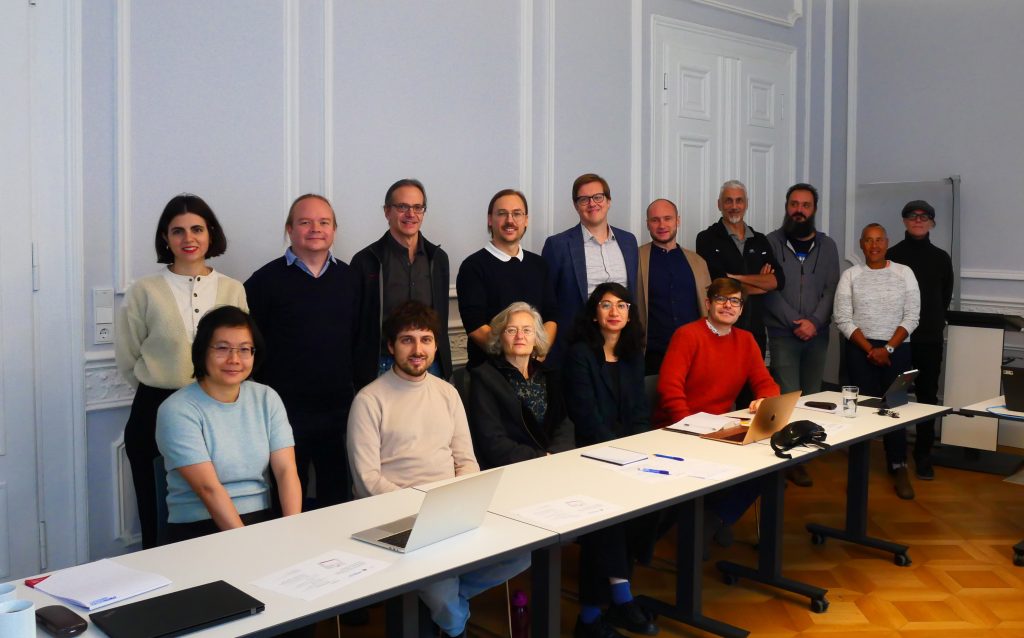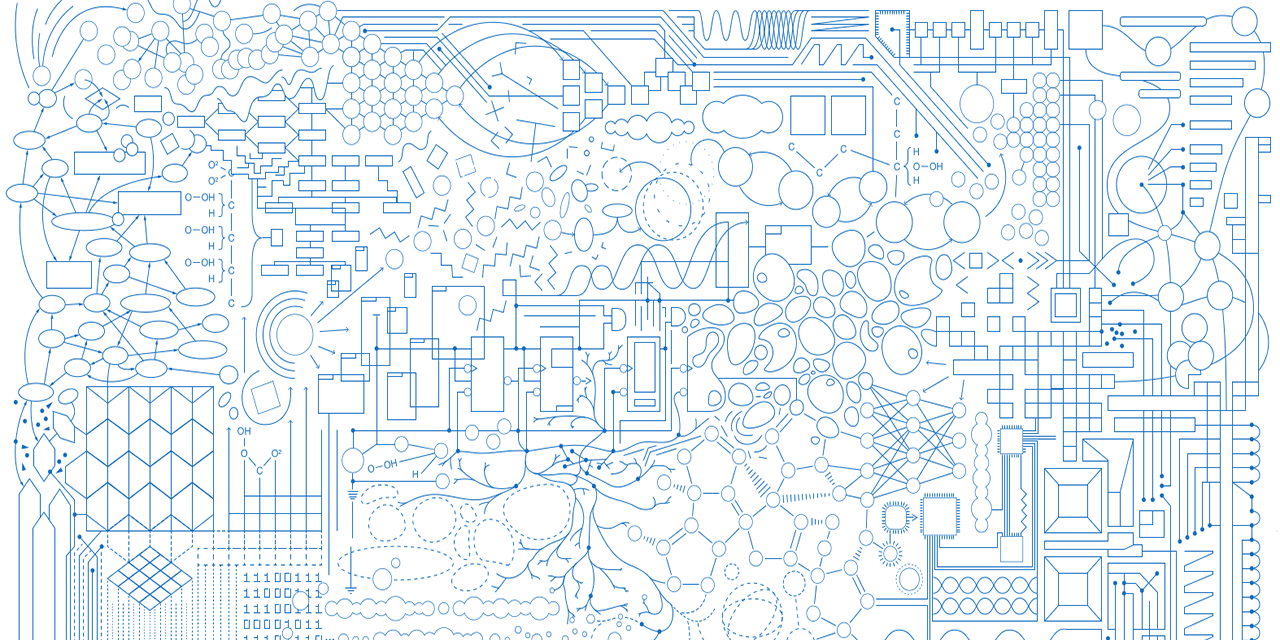Coming up: Lecture Series on Lifelikeness
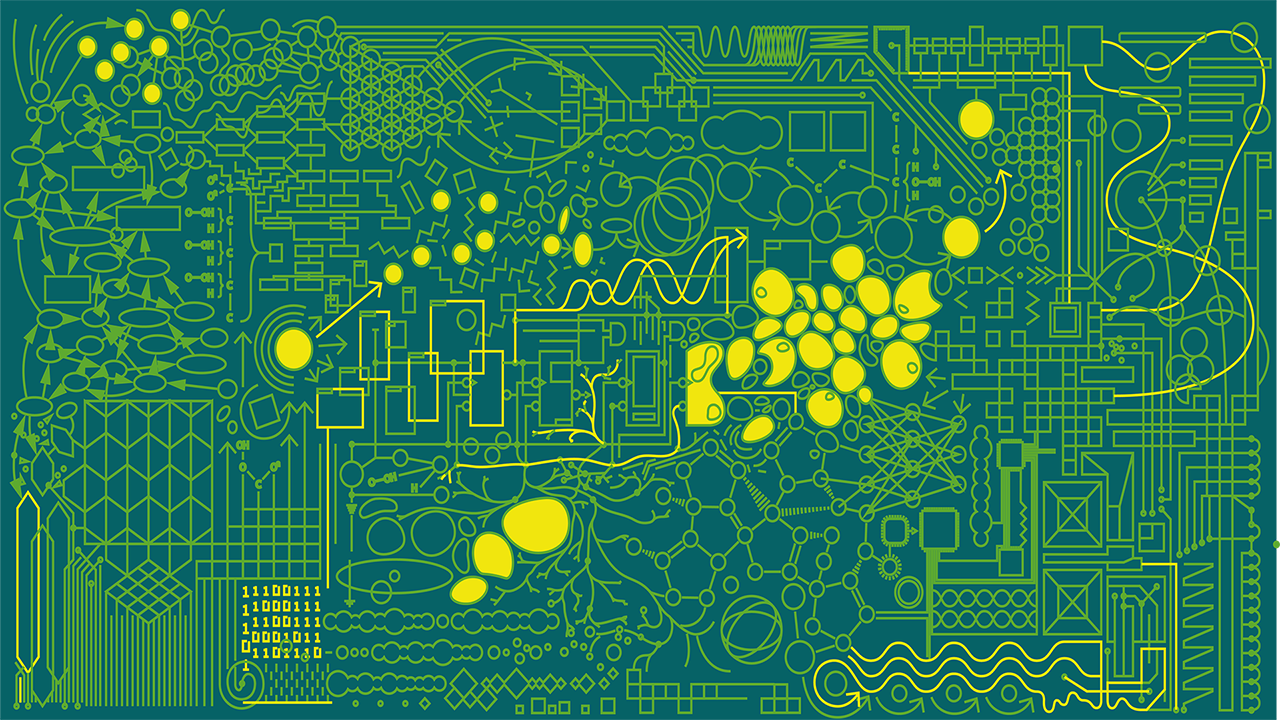
The lecture series of the winter term 2023/24 will revolve around the topic of Lifelikeness.
Lifelikeness is one of the big challenges of the natural and social sciences, but also of the humanities. The term refers to representations or imitations of life in its many forms. It is so challenging because it questions the limits between life and the inorganic. Lifelikeness also posits questions, such as: can we reproduce the origins of life? Would this tell us anything about what life is? Can we create new forms of life? How are we to relate to technology if it appears to us as if it were alive?
The talks of this lecture series will explore lifelikeness through different disciplinary perspectives: natural, life and technical sciences (e.g., robotics); humanities (anthropology; questions on meaning-making, as stemming from biosemiotics); the arts and art history; science journalism and scientific illustration, as loci of mediation and representation of lifelikeness.
Our invited speakers are Emre Neftci of Forschungszentrum Jülich, Esther Leslie of Birkbeck, University of London, Massimiliano Simons of Maastricht University, Ben Woodard of ICI Berlin, and researchers and c:o/re Fellows Andrei Korbut and Michael Friedman.
Please find the detailed program here.
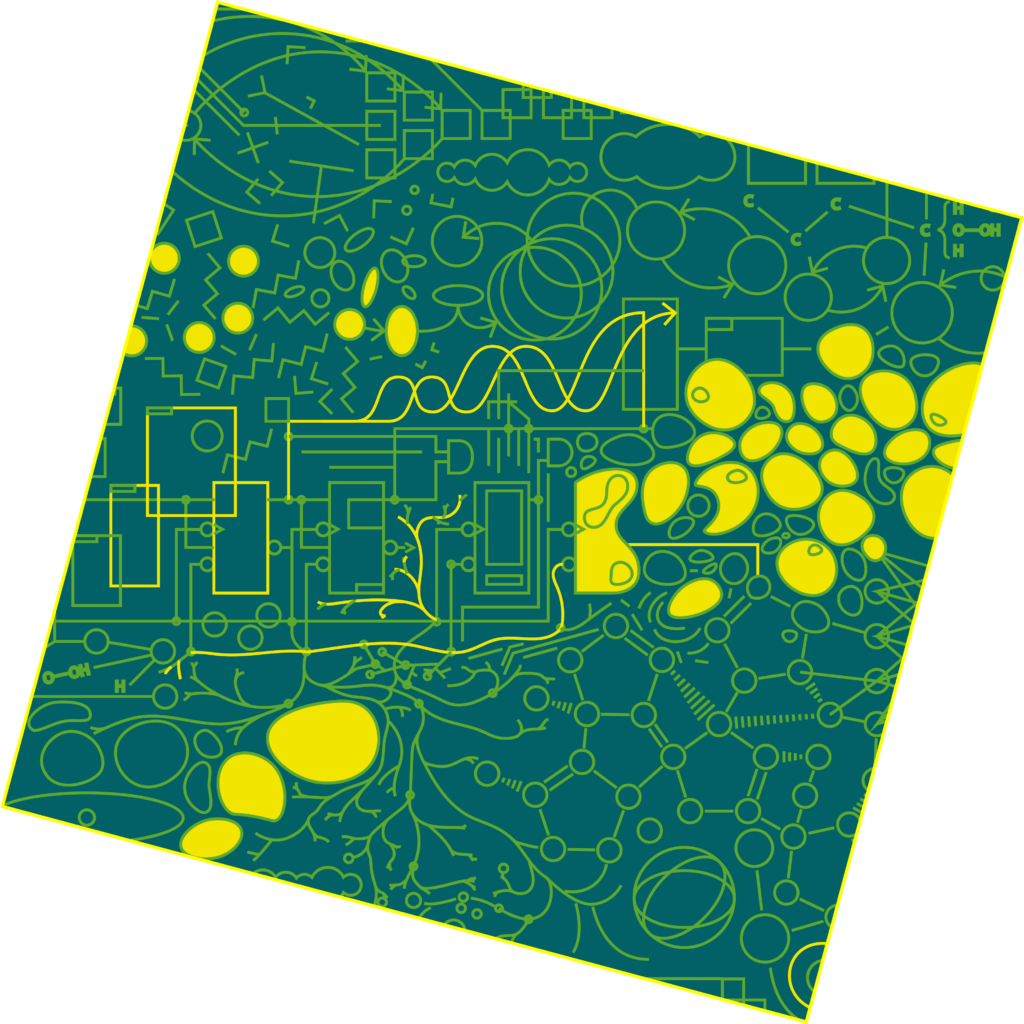
Entanglements of the concrete and the abstract @c:or/e: International Conference “Wissenschaften des Konkreten”
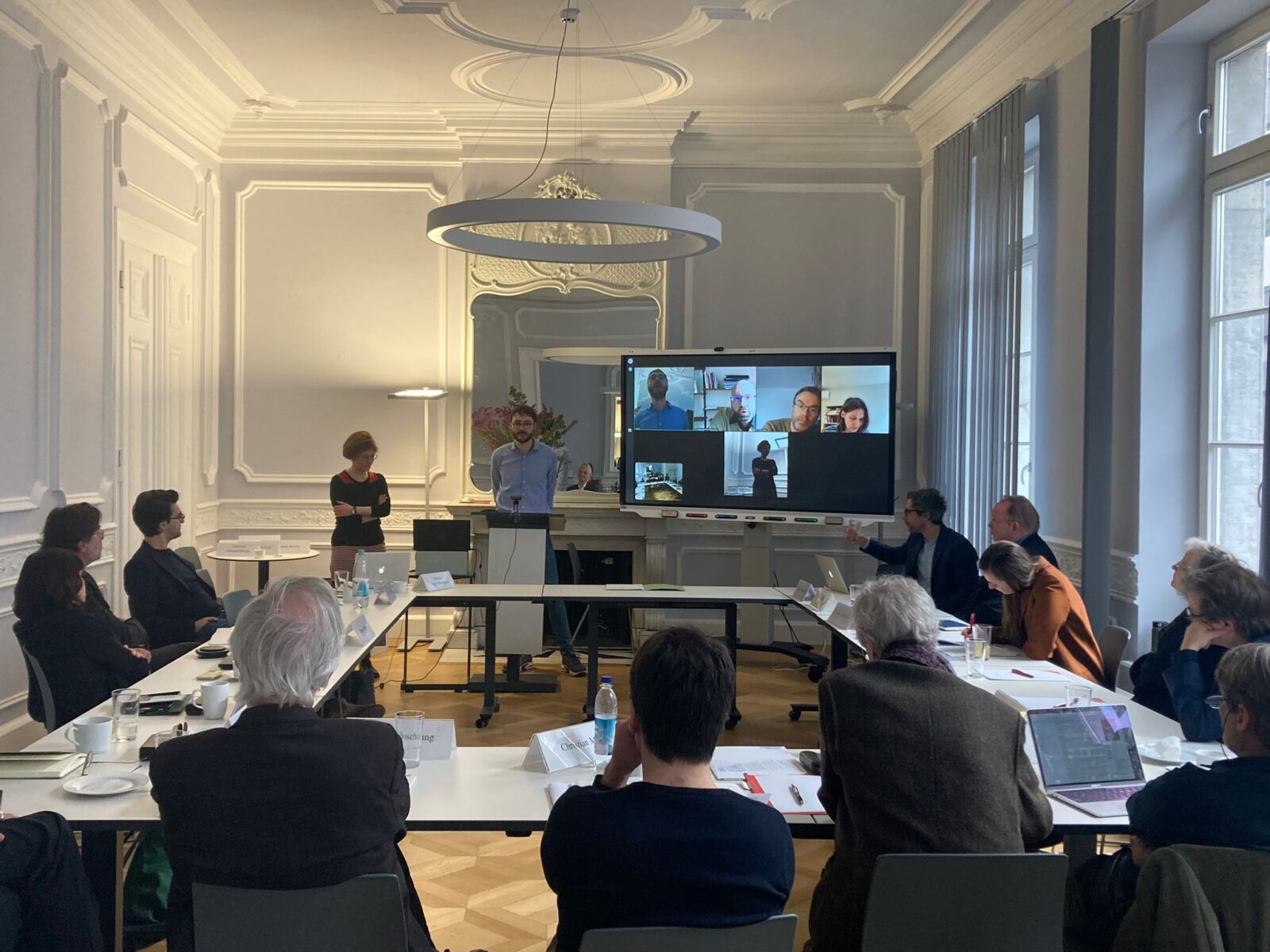
How does the relationship between concretion and abstraction manifests? How does focusing on the relationship between abstraction and concretion open up new perspectives on the history of natural sciences and empiricization? What methods are employed in collecting and presenting concrete objects from nature and science, and how are they reflected? What are the opportunities and limits of transferring the concept of ‘epistemic objects’ from the history of knowledge to literary and art studies? Can we identify coevolving styles of writing about the concrete in the sciences and in the arts?
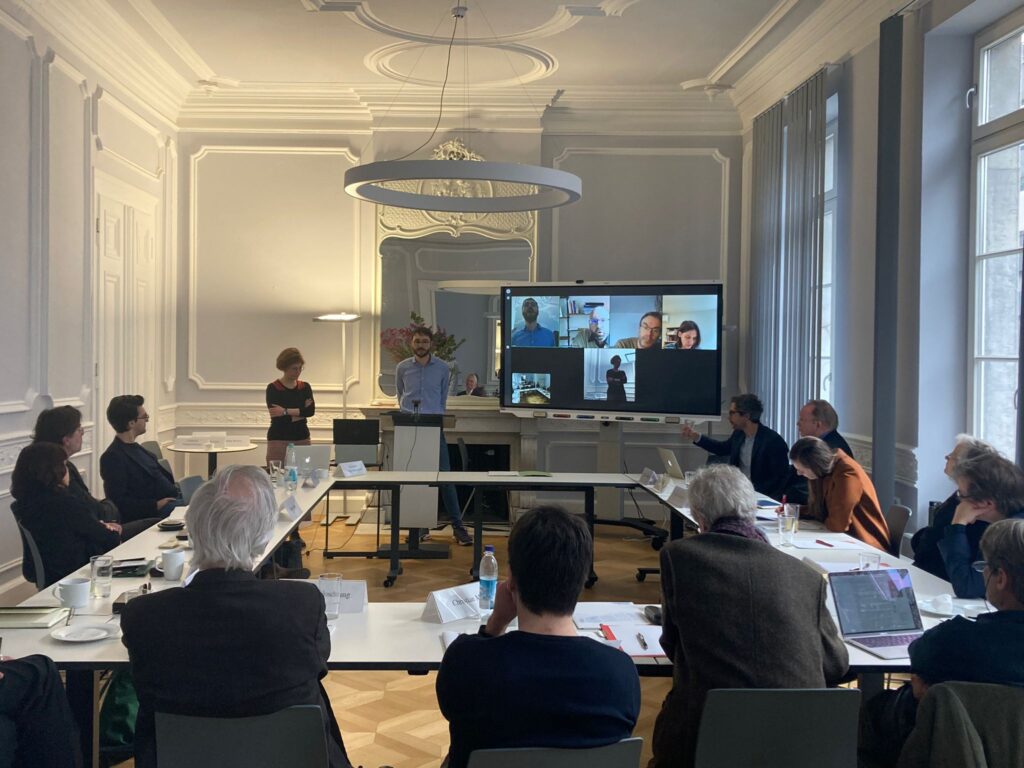
From February 15th to 17th, 2023, the Käte Hamburger Kolleg at RWTH Aachen University hosted the international conference “Wissenschaften des Konkreten”, conceived and organized by Caroline Torra-Mattenklott, Christiane Frey, Yashar Mohagheghi, and Sergej Rickenbacher of the Institut für Germanistische und Allgemeine Literaturwissenschaft at RWTH Aachen University. The concept of the conference is inspired, as its title shows, by Claude Lévi-Strauss’ “sciences of the concrete” (Lévi-Strauss 1997). Lévi-Strauss argues that both the ‘savage mind’ of the nature-based cultures* as well as modern science in industrialized societies emerge from sensual and experimental interaction with surrounding things. Over the three days of the conference, the participants explored the above questions and others from three different perspectives:
The first day of the conference opened with the perspective of “Abstraction and Concretion in the Arts and Sciences”. The speakers from the history of science, archaeology, and literary studies shed light on the interplay between abstraction and concretion in their respective presentations not only from the point of view of different disciplines, but also with a focus on different epochs (Lectures: Staffan Müller-Wille, Dietrich Boschung, Hans-Jörg Rheinberger, Udo Friedrich). On the second day, under the heading “Epistemic Practices between Sciences and Arts”, the emphasis was initially on a sensory perspective, with lectures on “Augenmaß” (sense of proportion), visual acuity and tact (Lectures: Christian Metz, Katja Haustein, Jonas Cantarella, Regine Strätling, Svetlana Chernyshova). Finally, the third day was devoted to “Concrete Details: Objects and Cases between Art and Science”. The presentations addressed rhetorical techniques of concretization as well as the relationship between people and their objects in literature (Lectures: Dirk Werle, Alexander Kling, Dorothee Kimmich).
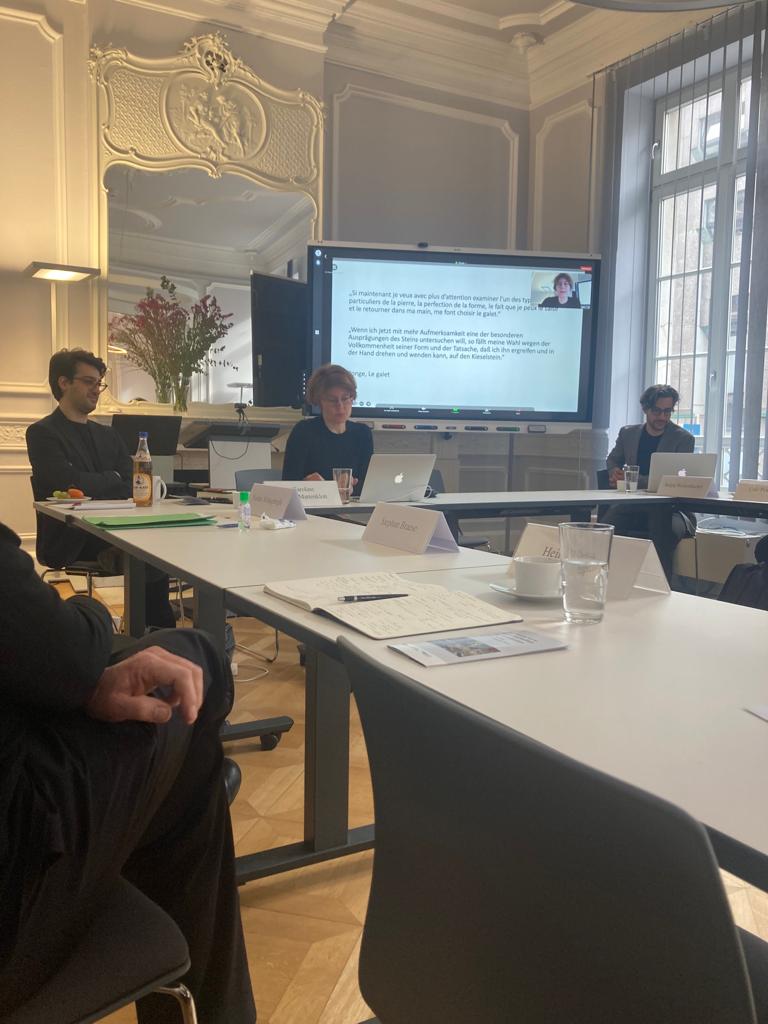
Over the course of the three days, the conference took place in the charming premises of the Käte Hamburger Kolleg. However, the hybrid format also allowed international speakers and attendees to contribute via Zoom and participate in the inspiring discussions. A stimulating atmosphere of discussion developed allowing a common denominator to emerge despite the different emphases. It was repeatedly shown that the operations of concretion and abstraction seem to be inextricably intertwined. This relationship can be observed equally, for example, in Linné’s taxonomies, biogenetic research, and early modern rhetoric. Various techniques were discussed on the occasion of the lectures that mediate between the concrete and the abstract, including graphic schemata, the sensual-habitual “Augenmaß” and rhetorical procedures. The concrete has proven itself to be multifaceted. Sometimes it manifested itself as the concreteness of scientific working methods or as rhetorical-linguistic detailing or through its reference to objects.
In the lively concluding discussion, it became clear that there were significant similarities in concretization techniques across disciplines and epochs. Abstraction and concretion were understood not only as linear procedures building on each other, but as dialectical processes in which objects, research subjects, and artworks can shift from one state to another. For this reason, a temporality is always inherent in the concrete. Furthermore, the basic sensual-intellectual action with the concrete, which precedes every abstraction, was emphasized once again, which starts in the gesture of lifting and turning the thing and finds its provisional conclusion in the gene sequentialization.
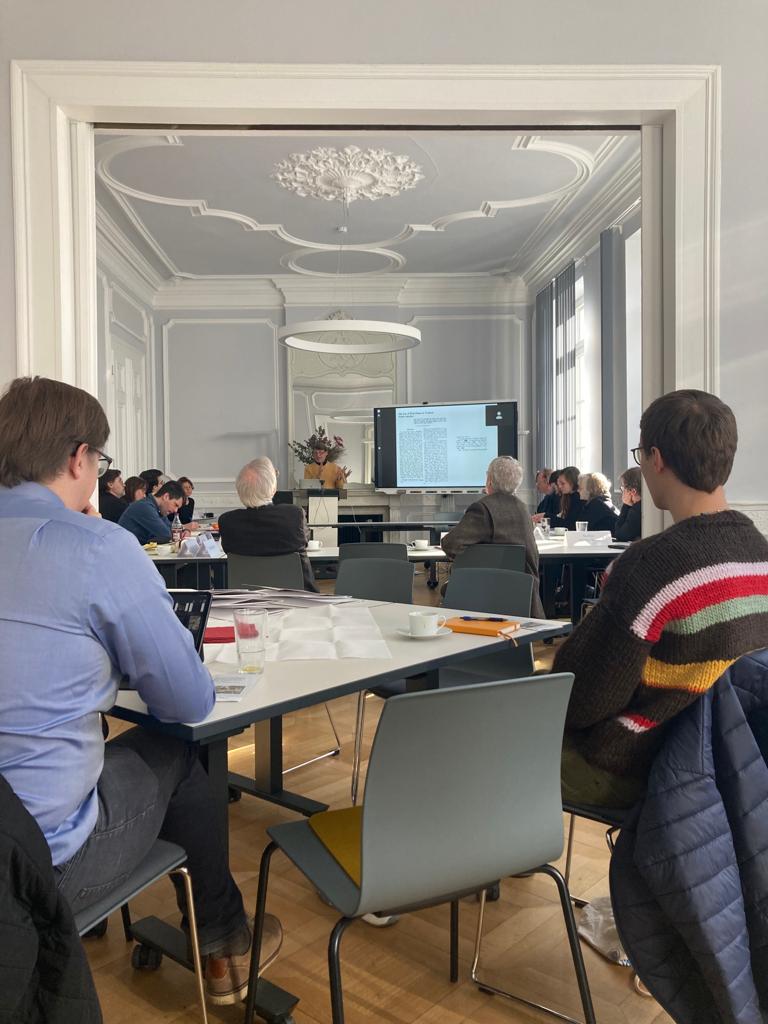
Reference
Lévi-Strauss, Claude: La pensée sauvage. Paris 1962. Dt. Übers: Das wilde Denken. Aus dem Frz. von Hans Naumann. Frankfurt/M. 1997.
*We would like to emphazise that this is Lévi-Strauss’ terminology.
Lecture Series Summer 2023: Complexity
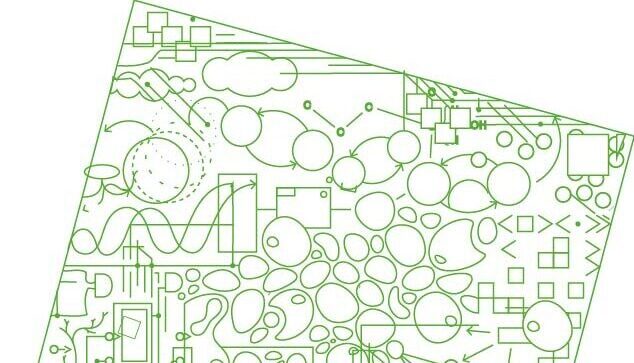
We are very pleased to announce the program for our lecture series during the summer 2023. The topic of this semester’s series of lectures is “Complexity”. The program gives and overview of the work of some of our fellows but also includes renomated researches from philosophy and theory of sicence such as Prof. Klaus Mainzer with his lecture on “Complexity – From Natural and Social Sciences to Artificial Intelligence”.
To take part either online or in presence, please register with events@khk.rwth-aachen.de
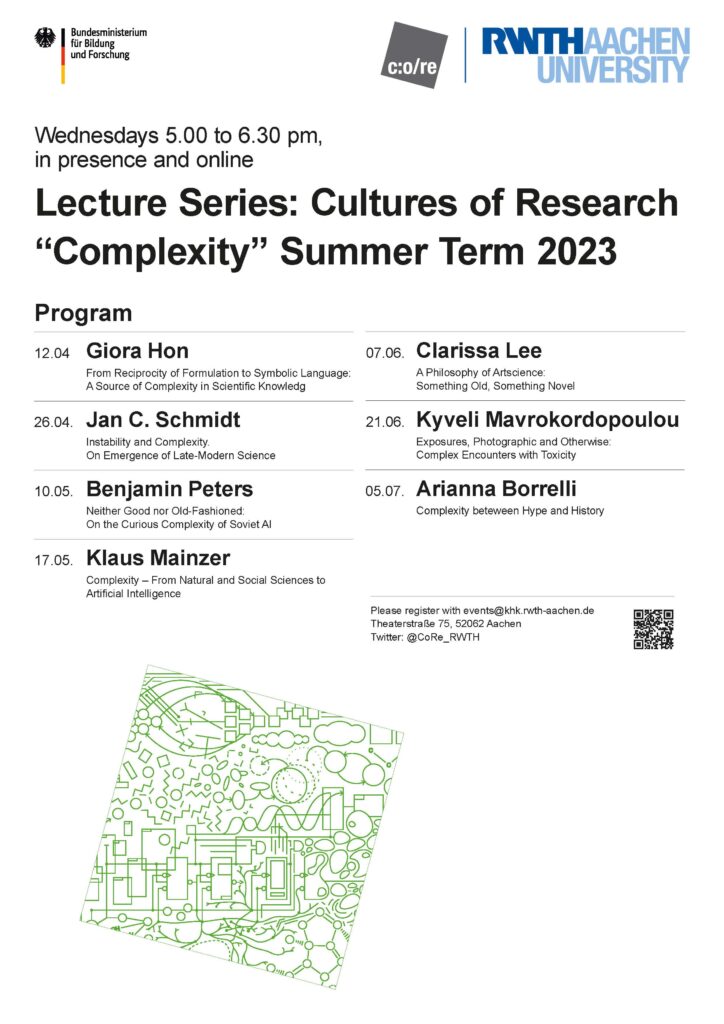
A look back: Art and Science: Openness Creates Something New
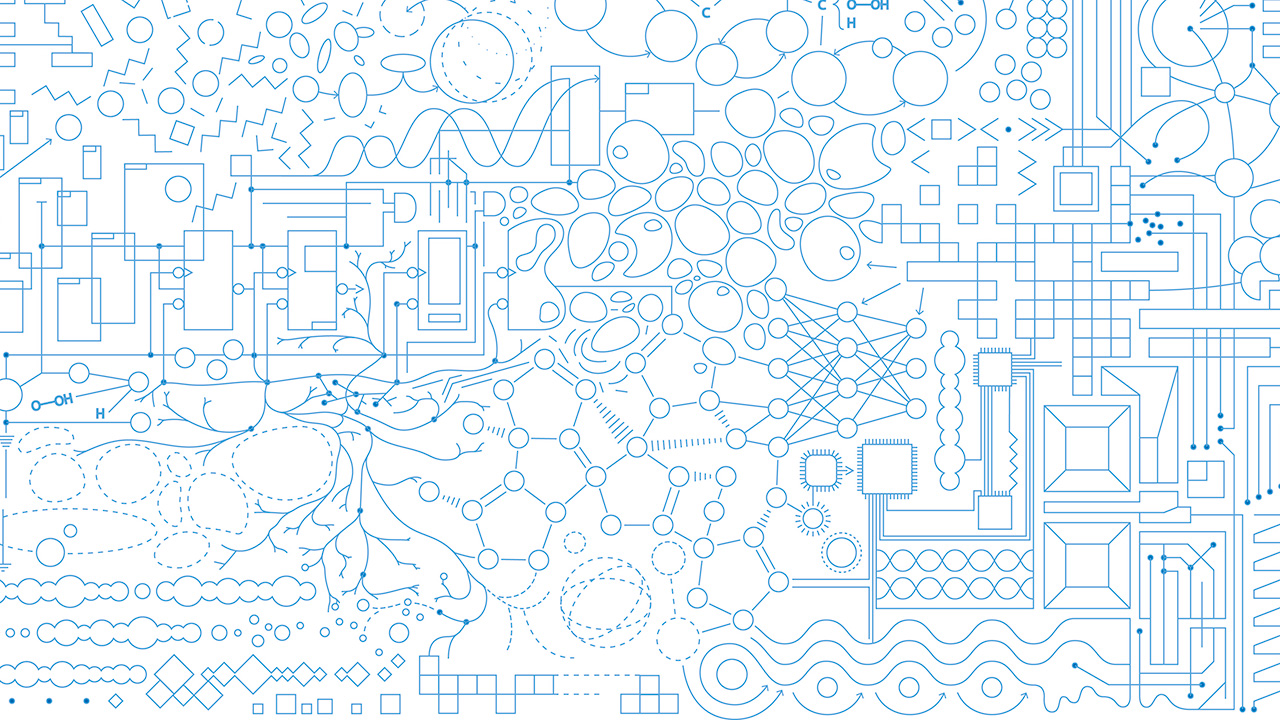
How can we develop holistic solutions in an increasingly complex world? This question was debated on April 30, 2022 at the panel discussion “Towards Eco-social Renewal: blueprints for collaboration between science and the arts” at the Amerikahaus in Munich.
c:o/re director Stefan Böschen and Vera Meyer, acatech member and Professor of Applied and Molecular Microbiology at TU Berlin, discussed how art and science can intertwine and what potential they hold.
An article about the debate can be found on acatech’s website.
Software as research culture: new study group at c:/ore, focused on software
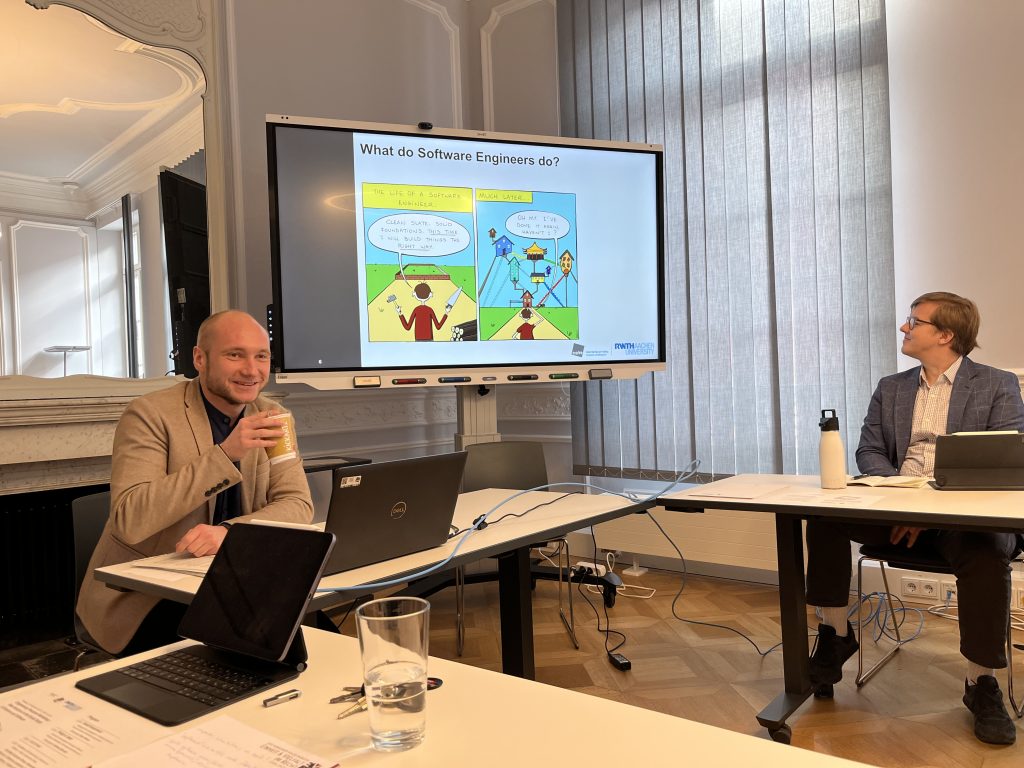
The work that this group pursues aligns with that of the Computational Science Studies Lab, set up by Professor Gabriele Gramelsberger, Chair for Philosophy of Science and Technology (Humtec, RWTH Aachen University) and Director of c:o/re. The work of c:o/re fellow Alexandre Hocquet and his co-author Frederic Wieber on computational chemistry has been instrumental to setting the directions of this research group. An important observation by Alexandre Hocquet, through which this group is working to conceptualize software, is that software is not just code. It involves much more, being a cultural practice. Also, a critical insight came from Gabriele Gramelsberger who stated that “software is an alien”.
On November 8 and 9 the Engineering Practices Workshop: New Horizons in the Social Study of Science and Software took place at c:o/re. This workshop marks the formation of a group, within c:o/re, focused on software research. The group consists in former and current c:o/re fellows and c:o/re team members, all of whom share an interest for software studies, but coming from various angles.
The workshop started with two talks by c:o/re team members Dawid Kasprowicz on Managing the unmanageable: Is software engineering the art or science of scientific programming? and Phillip H. Roth on Scientific communication in the age of software: Sorting out materiality, community and infrastructure. c:o/re fellows Benjamin Peters and Arianna Borrelli acted as discussants to these presentations, opening then the debate to the entire group. Dawid Kasprowicz opened the question on how does scientific programming look like from a software engineering perspective, touching upon matters such as research reproducibility and the transferability software engineering knowledge. In his response, Benjamin Peters remarked that software in unmanageable in interesting ways. Analogies to previous technologies and practices are often improper, as software it is not 4-dimensional, but potentially (infinitely) n-dimensional.
Phillip H. Roth asked how doe representations of science and, consequently, science itself, too, change through technological change?
These talks were followed by a roundtable consisting in several c:o/re team members and fellows. Each tackled software from a disciplinary angle.
On the second day of the workshop, the group tried to make a synthesis of the discussion and set the ground for a position paper on software on which they are now working.
